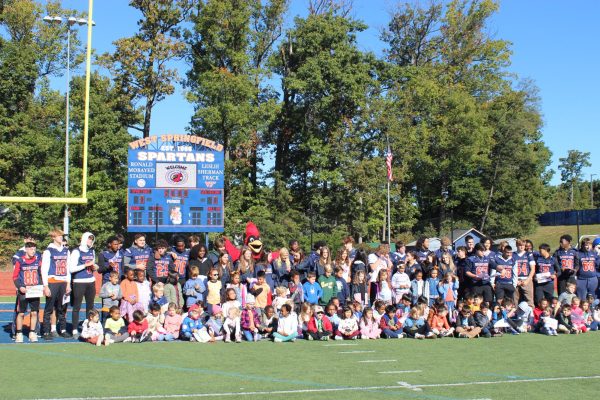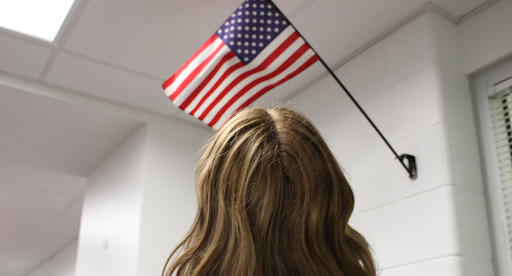Prizes for good deeds no longer a PART of WS
Students who do the right thing will have to find another way to get rewarded from now on
Let’s play a quick game of Tribond:
When PART cards were first introduced back in 2008, they were meant to motivate students to engage in everyday acts of kindness on a random basis, not just for the sake of the overwhelming emotional uplift that results from holding the door open for someone. The Spartans, Do Your PART program gave us all a chance to win weekly prizes like shirts and gift cards.
Students also sat through periodic school board-mandated “character development” lessons designed to teach them how to be kind to one another.
“If the only incentive you have to do good things is to get a $5 gift card, there’s no point. They’re useless,” said senior Sam Gadway.
The PART card system initially went well, but the chance of winning relative to the time and energy required to keep track of that flimsy little piece of paper, let alone actually turning it in to the main office, quickly demotivated students from participating.
“Honestly, most of the time I just didn’t want to walk all the way to the office,” said senior Kallen Bustamante.
So this year, the PART card’s steady decline came to a calamitous conclusion as the program was canceled, leaving hundreds of students without bureaucratically administered gold stars to direct their sense of moral purpose.
In actuality, the Spartans, Do Your Part program had so little profile in the student body that most of the school isn’t aware that the program’s come to an end.
“Oh. I didn’t even know they were gone. And I don’t even care. They were stupid,” said senior Maggie Brown.
Some students are miffed by the abrupt cancellation of the program, having saved PART cards over the years to enter in one big, climactic dose their senior year.
“If you didn’t turn them in at the end of the school year when you were supposed to, that’s your problem, not the school’s. Sucks for you,” said Gadway.
PART cards and the accompanying lessons disappeared from our radar earlier in the year. In class meetings, administrators announced that lessons would be given during the new Student Advisory Period and the cards would be discontinued.
Hardly anyone, however, seemed to notice the cards’ demise.
But the fact that the previous administration tried to reward good behavior in such a fashion always rubbed some the wrong way.
“It’s really materialistic that we have to use monetary rewards to get people behave properly,” said senior Mike Lanuzo.





